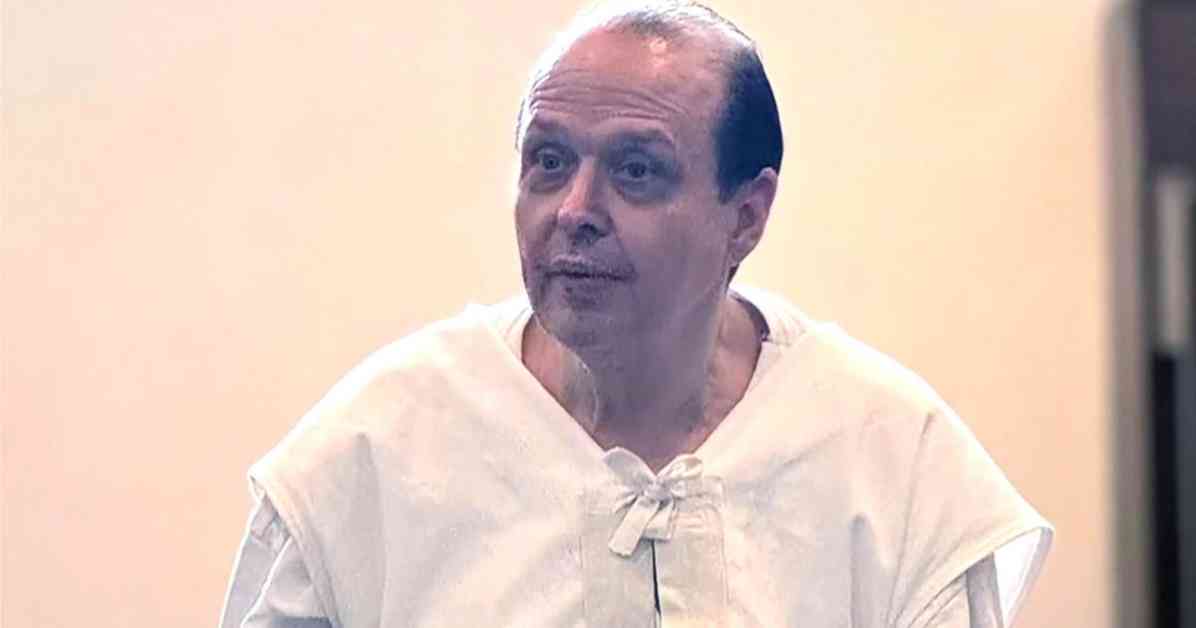A man in Texas, Robert Roberson, is set to be executed for the murder of his 2-year-old daughter back in 2002. The case was linked to shaken baby syndrome, but many medical experts are now saying that the evidence used to convict Roberson was unreliable and out-of-date. Despite this, the Texas Board of Pardons and Paroles decided not to grant him clemency.
The controversy surrounding shaken baby syndrome cases has been growing in recent years, with more and more experts questioning the validity of the diagnosis. In the past, the presence of certain symptoms was often enough to secure a conviction, but now, new research has cast doubt on the reliability of those symptoms.
Roberson’s case is just one example of the many cases that are being reexamined in light of this new information. Families and advocates are calling for a closer look at these cases to ensure that justice is truly being served.
The decision to move forward with Roberson’s execution has sparked a debate about the use of scientific evidence in criminal cases. Many believe that the justice system needs to be more cautious when relying on medical diagnoses, especially in cases where someone’s life is on the line.
As the date of Roberson’s execution approaches, his supporters are continuing to fight for his life. They are urging the Texas government to reconsider their decision and to take a closer look at the evidence that led to his conviction.
This case serves as a reminder of the complexities of the criminal justice system and the importance of ensuring that all evidence is thoroughly examined before a life-altering decision is made. The debate over shaken baby syndrome cases is far from over, and it is likely that more cases will come under scrutiny in the future.






















